Cuisine, Gender & Authenticity: In Conversation with May Chow

On her first visit to India, May Chow, Asia’s Best Female Chef, 2017, talks about her identity and how it shaped her cooking.
May Chow, despite her accomplishments, has a surprisingly easy-going air about her. Recognised as Asia’s Best Female Chef, 2017, she is the chef and restaurateur behind three of the biggest names in the Hong Kong culinary scene, Little Bao, Second Draft and Happy Paradise. Her close-cropped hair and easy smile accentuate the softness of her face. Thirty-five, and one of the most well-known chefs in Asia, she brushes off her success with modesty. “I didn’t have that much restaurant experience, but I guess I did what I did with a lot of encouragement from my mentors.”
It started in 2012, from a nondescript stand in the city’s Island East Market, where she introduced Hong Kong to her playful, creative versions of the bao (which she describes as Chinese burgers). Little Bao was about establishing her credentials in the industry. “It was about being independent and doing something simple that I knew I could do, that would be successful as a restaurant.” It was also about giving the city a concept that was new, fun and easy to understand. Following its wild success, she opened up the first permanent outlet of Little Bao in Hong Kong’s Soho neighbourhood in 2013, and has now gone on to open another in Bangkok. Besides Little Bao she also owns Happy Paradise, a larger, more sophisticated restaurant, that opened in 2017 and Second Draft, a beer bar.
Happy Paradise, a modern Chinese bistro, was a journey of self-exploration. “I asked myself, who am I, as a chef? What message am I communicating? What do I want to do at this time of my life?” Her vision this time around was more adventurous. “We looked at how to progress Cantonese and Chinese food, and celebrate forgotten dishes. We created a very fun space, that was authentic to myself.”
In Mumbai for two nights earlier this month, Chow collaborated with Masque’s Prateek Sadhu on a four-hands dinner that sought to depict the parallels between Chow’s Chinese heritage and Sadhu’s Indian one. The menu featured dishes like Impossible Food’s plant-based meat hot pockets with Schezewan chutney, char sui quail with ginger scallion katlam bread, and a white sesame ice cream bao with apple jam. When we meet for this interview, Chow was finishing the last of a spicy Chindian meal.
As a queer woman, Chow’s intersectional identity is important to her, but harder to translate to the plate. Still, she has consciously raised her visibility as an openly gay person in Hong Kong. “Eight years ago, every magazine would call in, asking if I’d like to be featured with my partner as part of their Valentine's Day special. I decided to do it, not for the publicity, but because it needed to be normalised. I put my face out there to say it's okay to be gay, to tell Hong Kong that my parents don't have to lie for me.”
As we speak, it becomes clear just how much Chow values authenticity above all else. Wherever in the world she found herself, she actively sought to immerse herself deeply in the culture – from her growing up years in Canada, to higher education in the US, and now, working in Hong Kong. “When I was in the US, I joined a sorority. My goals were to understand hip hop, and then to understand all the late-night shows.” This quest to be true to herself and to where life took her, meant that when she moved back to Hong Kong, she worked hard to ensure she even held a pair of chopsticks like a 35-year-old local. “I wanted to speak Cantonese like an authentic Cantonese person, not pass off my Chinglish as Cantonese.” That clarity translates to her food. “I ask myself: Will a 60-year-old food critic that is Chinese and local, understand what I'm developing? If the answer is yes, then we didn’t lose sight of our goal, or the origin of our traditions.”
Her journey in the culinary space has taught Chow to stick to her guns. “Hong Kong is a very finance-driven city. But for me, it has always been about creativity and exploration. People told me I should be making more money, here’s what I need to change, etc. In the beginning I found that confusing.” But her time in the US affirmed that creativity had its weight. And that creativity could give her a voice. “In Hong Kong, creativity is not respected. It's not important. Here, success has nothing to do with creativity.”
When she got the call from Asia’s 50 Best Restaurants letting her know that she was named Asia’s Best Female Chef, Chow contemplated giving back the award. “We're progressing to a point where this [being a female chef] will no longer be a discussion. I mean, we don't ask Superman what its like to be a white Superman? But when it’s female, the entire conversation pivots to being about her gender. I believe that being a visible female in the space is enough to make a change.”
With authenticity, and creativity, Chow is using the spotlight to prove to minority chefs everywhere that their dreams too can become a happy paradise.
Aatish Nath is a freelance journalist and photographer based in Mumbai.
ALSO ON THE GOYA JOURNAL

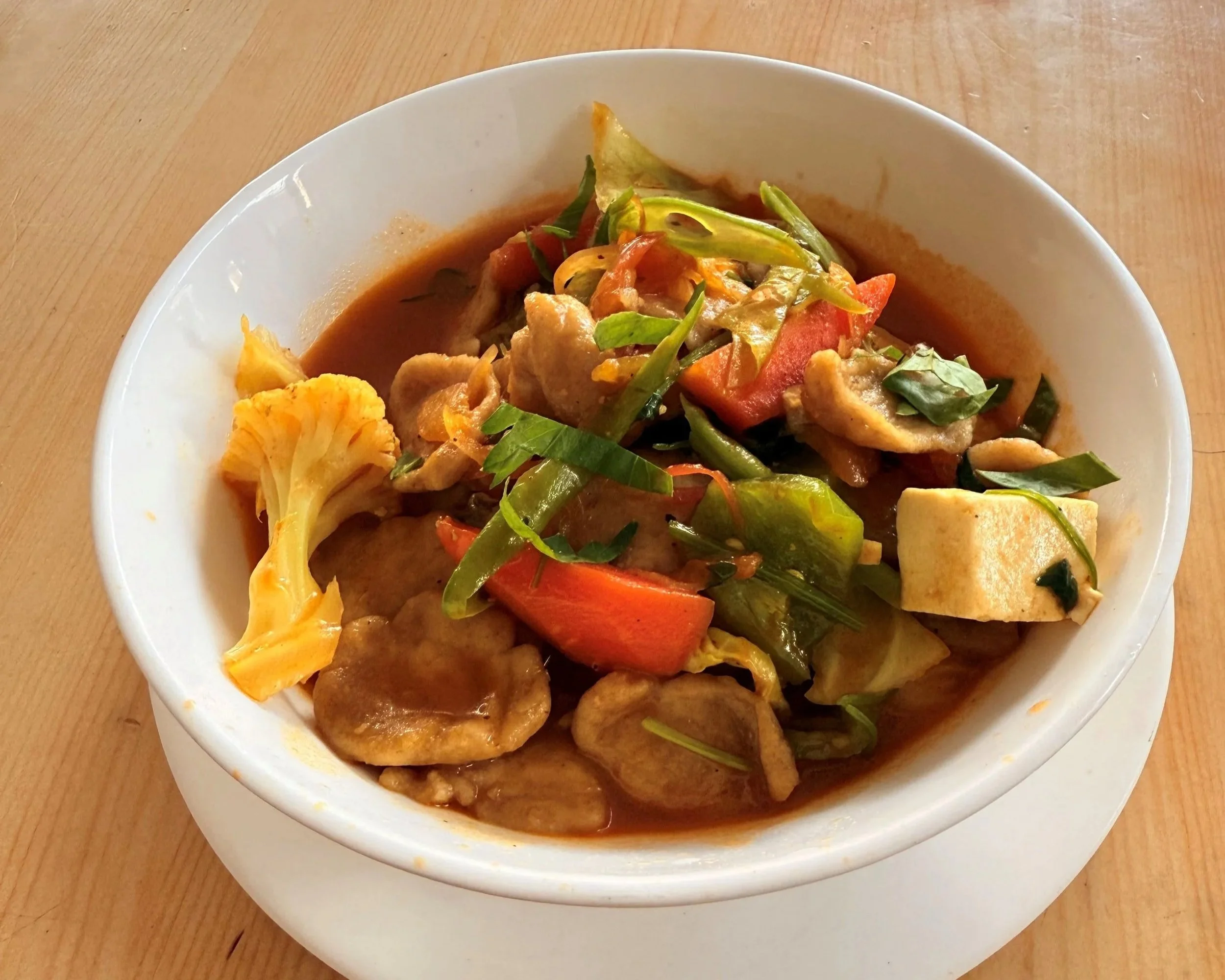
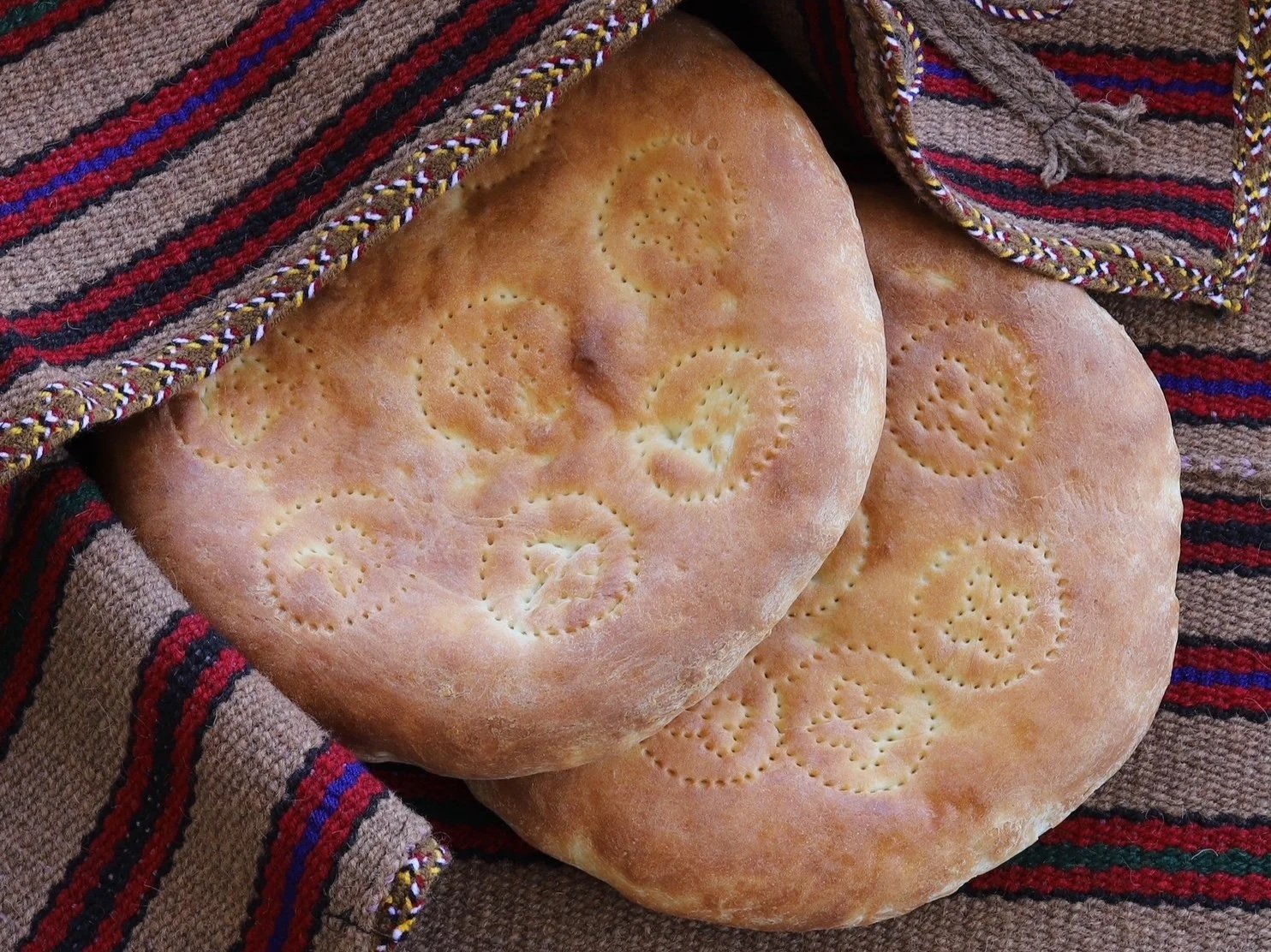
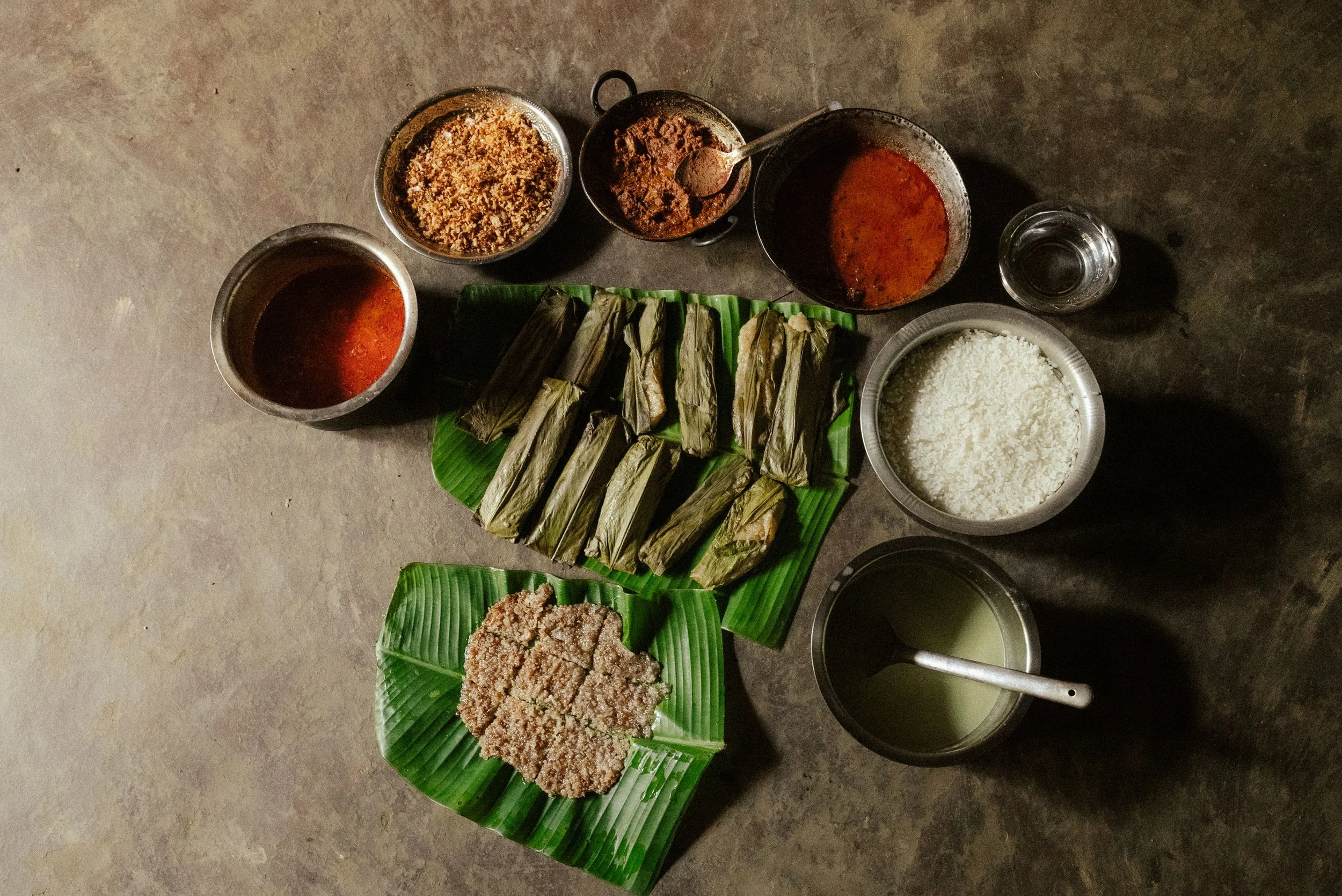
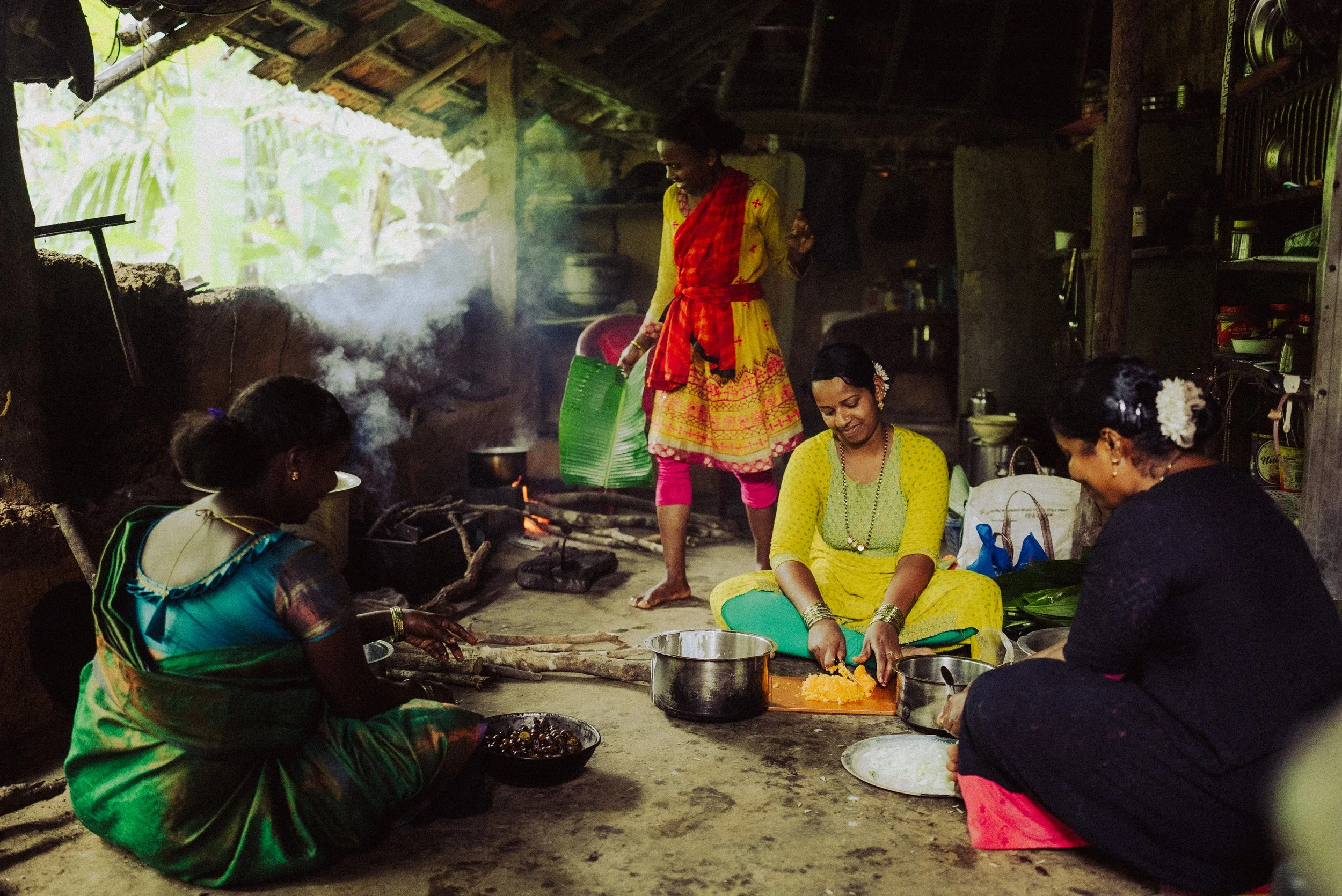
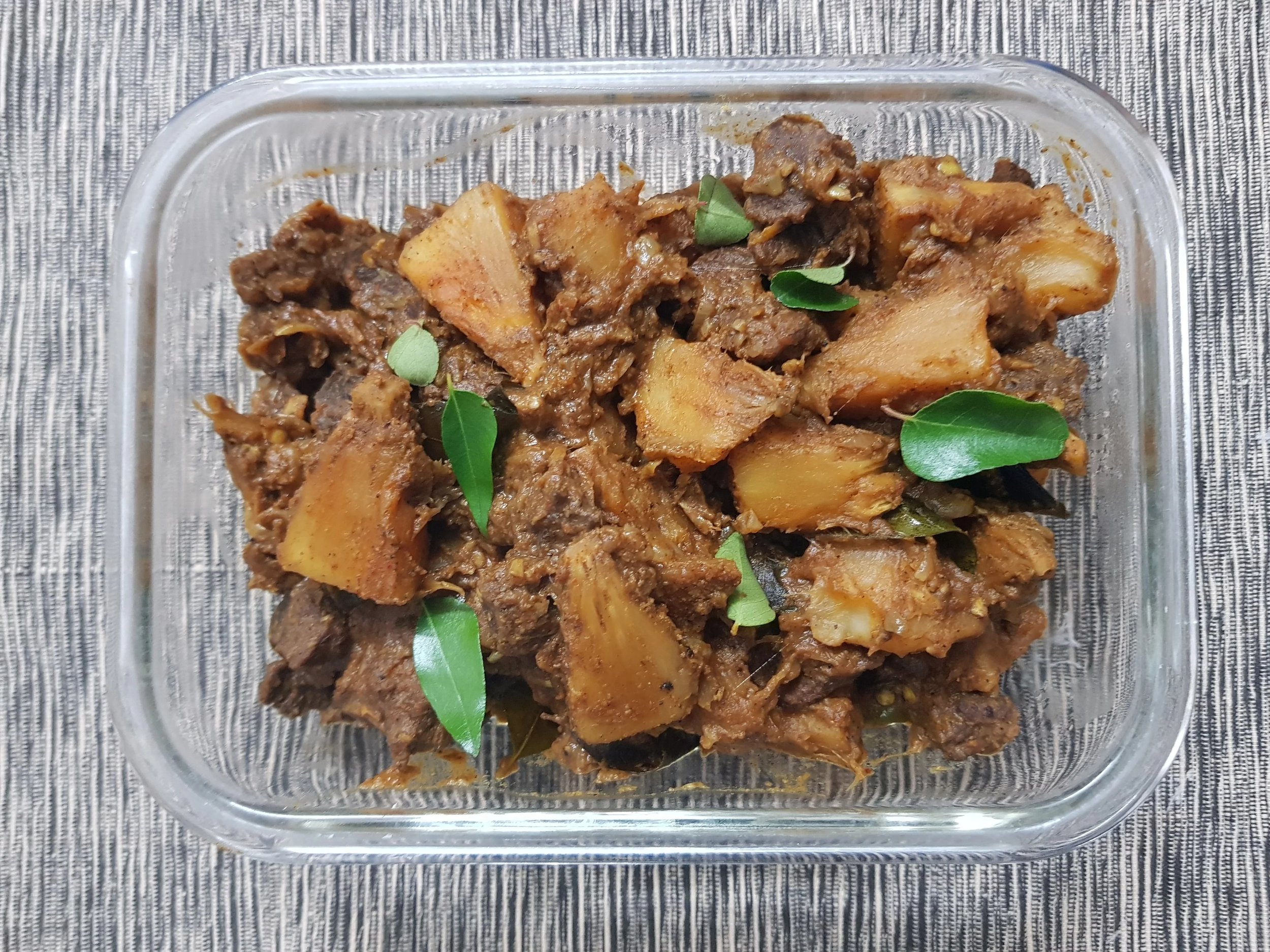
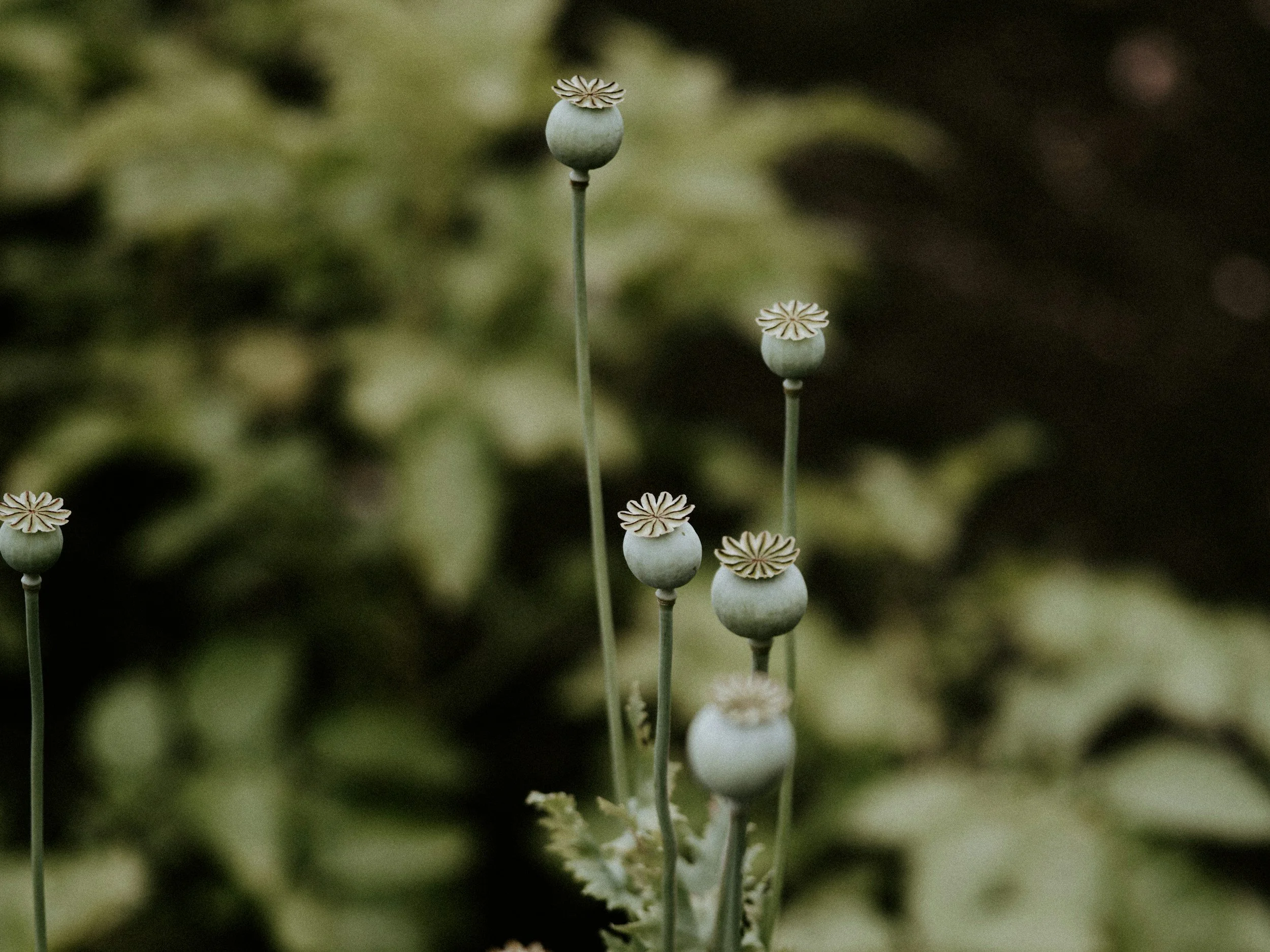
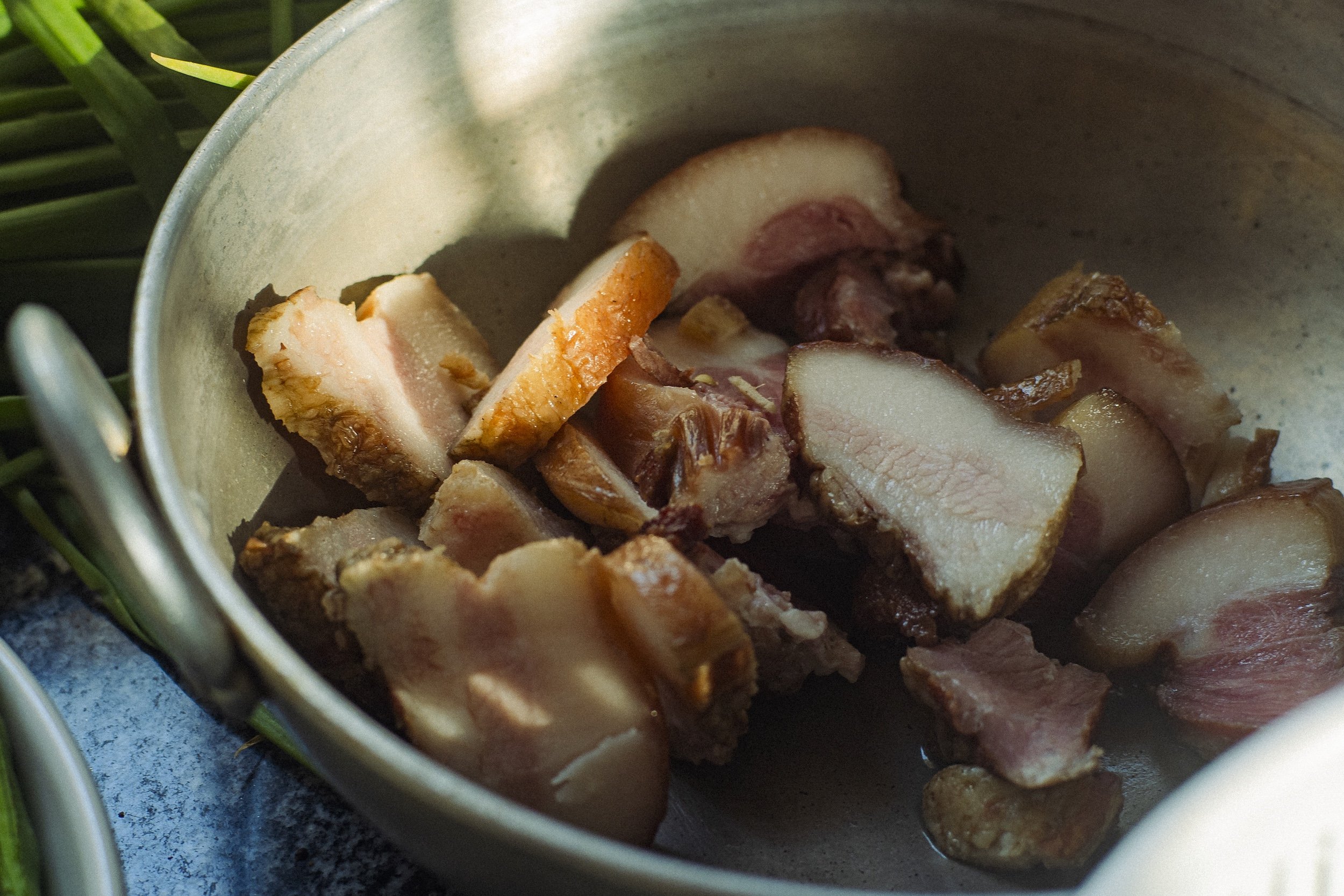
Neo-nomad cuisine of Central Asia | Terrence Manne